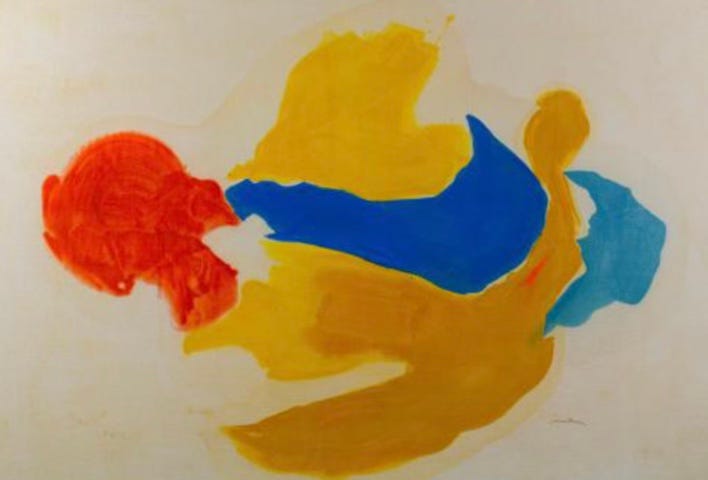A Note on Conservatism
Thoughts on the Disposition of Mormonism
I’ve long said that Nate Oman is one of the Saints’ most interesting—and most compelling—conservative thinkers. When I listen to Nate or read his work, I realize how dispositionally conservative I am myself. I want all my thinking to be thanking, to be rooted in wonder at what God has been up to in the long history of the Restoration. There’s a reason I’ve given my professional life, like my devotional life, to the serious examination of scripture. I hear the authoritative voice of God in these texts, and I want to give all my energy to calling others to hear that same voice of authority in them.
And yet I feel a soul-deep shame about embracing the word “conservative”—and not simply for reasons of social pressure (though that’s no doubt playing some role). There are, I think, two reasons I feel that shame.
The first might be put in productive conversation with Nate’s important reflections on the word “revolution.” If there’s a version of conservatism I can get behind, it’s a revolutionary one, one that wishes to recover gifts divinely given that have nonetheless been lost in history. And I’m convinced that many divine gifts were especially lost due to the rise of capitalism—which has always been, it’s important to note, a liberal project (in the sense Nate articulates). Yet, today, conservatism is often a name for the desire to preserve only one thing in gratitude, and that’s a certain set of economic relationships.
I have a deeply conservative disposition, to be sure, but that makes me want to see the world turn on its axis—wisely and well—toward the possibility of creating real communities where human beings relate to each other outside of capitalist determinations. How are we to leverage the conservative disposition against its economic recapture, against the project of conserving capitalism at the cost of destroying most everything else?
My second reason for shame concerns what I think is a fourth disposition, left out of Nate’s essay. Nate’s best line describes the progressive disposition as having “liberal dreams but conservative nightmares”—which makes progressivism an “exaggeration of liberal tropes.” But are there not, equally, those who have conservative dreams but liberal nightmares? It’s essential to recognize also a reactionary disposition that exaggerates conservative tropes. And it’s difficult today to separate out the reactionary from the conservative disposition—as, maybe, Nate’s threefold taxonomy suggests.
Again, I have a deeply conservative disposition, but I see little gratitude and much hatred among those who claim to share that disposition—more animosity toward those who question goods than desire to celebrate and to share those goods. More frightening still is a marked tendency to replace loyal duty toward real authority with prostration before whoever claims the ability to eliminate the enemies of the good. And, of course, I’m again especially concerned that the only good being defended in all these problematic ways is a certain (liberal) arrangement of economic relations (capitalism).
I think, then, that Nate’s right that the Restoration breeds a conservative disposition. But I suspect that it’s just as right to say that—at least right now—it seldom remains what it’s bred to be. How to move forward, then? I’m of course convinced that it begins with a deeply earnest reading of our scriptures and robust engagement with our rites, which would inevitably push us toward the law of consecration. There’s a reason Hugh Nibley used to call consecration the great stumbling block. But I don’t know what grateful conservation means if it doesn’t mean stewardship, and stewardship always with the aim of living together in love.
This essay, part of the forum How Mormonism Sees the World, was written in response to Nate Oman’s Disposition of Mormonism, published May 1, 2025.
Joseph Spencer is Associate Professor of Ancient Scripture at Brigham Young University whose academic profile can be found here.
Art by Helen Frankenthaler (1928-2011).







